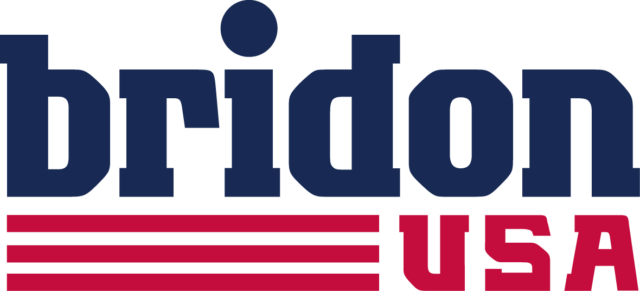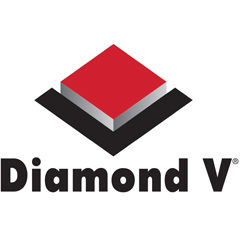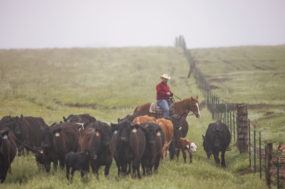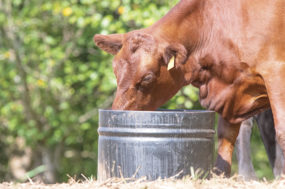Q. In a past paper, you said the ag community lost the moral high ground to the activists. Is that still the case today?
A. If I rewrote that paper today, I would stress the fact that societal concern about animal treatment is, if properly approached, actually a major marketing point to the cattle industry.
If you take the broiler, or egg or swine industry, and God came down today, and said, “You know boys, I forgot something in the commandments.
You can raise animals for food, but you can’t hurt them,” that would create a crisis in all three of those industries.
Among the 20,000 cattle people I’ve talked to, I’ve asked the same thing. Their response is, “No we could function, because there’s nothing structurally in the beef industry that requires causing harm to animals.”
The places where harm occurs, hot iron branding and castration without pain control, can be dispensed with.
Q. Many livestock producers say they’re not adequately telling their side of the story. Is that enough to educate the public?
A. The confined swine industry can’t tell their story to the public because they don’t have a good story.
In the end they’re keeping those mama pigs their entire productive life in a pen where they can’t scratch their own behind. The cattle people have nothing like that.
Cattle people have a story. They don’t make a lot of money. They’re doing it for their way of life. They’re working four or five jobs just to pay the taxes on their ranch.
Every cattle person I’ve ever talked to will tell you that they’ve stayed up all night with a marginal calf, not for economic reasons, but because that’s an ethical obligation to the animals under their care. You don’t hear that about the marginal chickens.
So why not use husbandry to sell what you do, especially since it’s true? The rest of the industry is losing in the court of public opinion.
Q. Should beef producers defend other industries criticized by HSUS, when HSUS doesn’t put its targets on beef producers? Many fear that organization for its name recognition and think it will target beef next.
A. (HSUS president) Wayne Pacelle has said to me repeatedly, “Why would I have any gripe against the cattle industry? The cattle are living the way they were meant to.”
Wayne has been demonized. Anybody who’s opposed to what you do is going to be demonized.
But here’s what I explain to the cowboys: The ancient Stoic philosophers used to say that life is analogous to being chained to an ox cart.
The ox cart is going to town. You’ve got two choices. You can walk with the ox cart and rest when it rests. Or you can dig in your heels and get bruised and broken.
This social thrust for farm animal welfare, developed for 30 years, is not a flash in the pan. It’s built into the human psyche to want to have a fair contract with animals.
To demonize everybody who pushes that is not only stupid in an intellectual sense, it’s also self-destructive, since the ones demanding change are your customers.
Q. So cattlemen should not be afraid of change when these groups are out to eliminate their trade altogether?
A. That’s a very good question and there’s a good answer. Wayne Pacelle and HSUS are very successful, because basically they’re opposing things that people don’t like such as gestational crates.
Now Wayne is himself a vegan. But Wayne’s support comes not from his veganism. With the average person it comes from his opposition to certain practices.
At the point where there are no bad ag practices and Wayne comes back and says, “Well, now I want to push veganism,” he will lose widespread support.
If people hear from their doctor that they should eat less red meat and they still eat it, are they really going to stop because Wayne Pacelle told them to?
Q. You criticize the semantics of changing ‘animal husbandry’ to ‘animal science.’ Should that label be changed back?
A. Tom Field from NCBA, he’s the one who said the worst change to his department was symbolized by that name change because animal husbandry meant good care.
Animal science meant “How do we produce the most with the least?” Feed them chicken litter, saw dust, cement dust.
It’s a difference in perspective that makes a huge difference. A lot of animal science people would be happy if things went back that way.
Q. When you see cattle confinement, what needs to be addressed by the industry?
A. Thirty years ago I toured a bunch of feedlots in Colorado and Texas. I said the obvious thing you want is proper drainage.
They fixed that. The stocking density and the poor drainage have been fixed, that’s terrific.
What hasn’t been fixed, although feeders will hang their heads and admit that I am right, is provision of shelter and shade.
Shelter from the wind, shade from that unmerciful sun. And that would even be in their economic interest. Because heat and wind stress increase disease and affect the ability to convert feed.
The shelter and shade are essentially superficial changes. Ask any producer and they’ll say it will pay for itself in a few years.
That’s very different from an egg producer having to create a completely new substructure for the industry with iron cages.
Q. Do you feel there is a proper place for confinement when it comes to beef production?
A. I don’t know myself what will happen in the future, because confined beef feeding came from cheap grain.
Look at corn and its use for ethanol and how it raises grain prices. There may come a time when for a variety of reasons, not only for cheap grain but environmental and welfare reasons, people may demand grass-fed beef.
What will that mean? If the public says we need more grass-fed beef, we’d be in serious trouble from South America.
You can bet the farm if the only beef available in the U.S. was grass-fed, suddenly the ranches wouldn’t be broken up for development.
Q. You say that even if the public doesn’t understand livestock production, it expects producers to regulate as if the public did understand. Does that not sound like a contradiction?
A. Yes and no. What I’m really saying is this is not a moral claim, but a factual claim, the way the system works.
Suppose you produce sneakers, and they find you’re using child slave labor. And folks at Nike say, “well, how do you think I keep them cheap?”
But people eventually say get rid of the slave labor, or we’re going to shut you down.
That’s what people in the industry don’t understand. Ethics is the playing field on which business is played.
Q. So the cattleman or ag producer today is going to have to come to terms with a regulation mindset that appeases a public that doesn’t know about production?
A. Yes, but there’s a better possibility. That is to foresee it and institute it yourself.
I don’t know how the chicken industry could meet social expectations without regulation. I know how the cow-calf industry can.
Get rid of branding and solve the castration issue. I have told people for 35 years this is coming. Yet nobody had invested in studying the issue of a local block for pain in castration.
There are local anesthetics. Lidocaine is cheap as water. Bupivacaine is a little more expensive, but it gives several hours of post-procedural analgesic relief.
Q. The efforts in Iowa to pass legislation prohibiting secret video in ag operations – is it a wise move?
A. A stupid move. When I was doing federal laws for laboratories, I was at an Eastern med school. The dean put the school behind razor wire, fences and walls.
He asked what more to do, I said take down the fences. You can’t hide what you do, especially in public institutions.
Q. But these are private companies being damaged by covert animal rights activists doing video. Don’t they have a legal right to protect themselves?
A. I understand your point from a legal point of view, but from a moral view, you ought not to be able to hide atrocities. I think those people who want to hide that kind of stuff are doing the worst possible thing.
What they’re really saying when they publish laws like that, is “I’ve got stuff to hide.”
Temple Grandin said in Scandinavia there are slaughterhouses with open windows and catwalks where you can see what is happening. Because if we’re ashamed of what we do, we shouldn’t do it. ![]()







